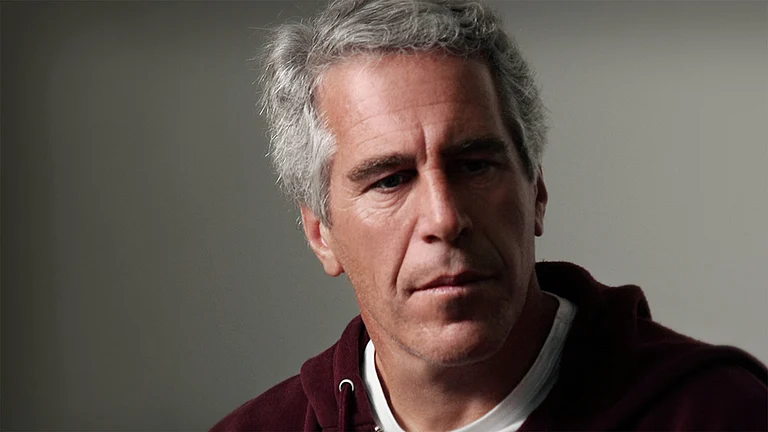How does it feel to be the editor of The Economist?
It's a great excitement and privilege for two reasons. I can travel a lot. Also, from my base in this small offshore country called Britain, I can watch the world. Secondly, The Economist is well-regarded around the world and that makes it relatively easy to get good access to very interesting people. Indeed, sometimes I've had a harder job trying to see people in Britain than when I'm travelling around the world.
The story goes that The Economist writer locks himself in a room, switches his computer on, tells himself "I am God" and starts writing...
(Laughs) No, I don't think there's any truth in it. We have always mixed facts, information and analysis or opinion. A good article is very much based on reporting and research and by logical reasoning and then providing your own conclusion, and if you like, the God-playing part is in providing the conclusion. Often, it's choosing the best conclusion you have heard from among five people you've discussed the topic with. A bad Economist article is one where a journalist does what you described.
How would you define The Economist's philosophy?
It's based on individual freedom and choice and the feeling that when in doubt, it's better to let the markets decide. We think that governments are playing God when they try to plan an economy or protect an industry, and even if they are the cleverest and most well-intentioned of people, they get things wrong more often than not. But we're not zealots for free markets. We think there is a role for government in regulating the game, setting up a rule of law, intervening at times and sometimes taking precedence over the instincts of the market for reasons to do with popular preferences.
How close are you to British economic policy-making?
I don't think we're particularly influential. I never think the intention of influencing. What I try to direct my writers to do is to get the right answers, and if governments ignore it, that's their privilege. What we're really doing is influencing the debate.
Is it a constraint writing for the elite? That too in different countries?
In one country the readership is absolutely elite, but in another, it's a wide range. Say in Singapore or the US, they are fairly affluent but not the power elite. The other danger with the mentality that we're writing for the elite is that we can be blind to what the man or woman on the street wants. You are a little bit in the clouds, but the things that matter to the elite are often determined on the street. Purchasing power of the ordinary people is the key thing, and yes, our danger is that we're too remote from that.
Will you ever change your byline policy?
No editor ever wants to do that as it's greatly to his advantage. It increases his power of intervention, but most important, it makes it easier to take a consistent, coherent line on a subject rather than changing its mind week by week, which newspapers tend to do by getting columnists.
In India, what do you think has been the most significant change in the '90s?
The reforms process. That's raised the growth potential to 6-7 per cent but it's not enough. India has to grow at 7-9 per cent over a long period to alleviate its problems of poverty and that means more reforms in the product and labour markets and particularly, trade. That's no magic pill but that's what we'd advocate.
So is this visit to brush up your knowledge of India?
Mainly education for myself and a little bit of promotion—we've opened a bureau here. I spent two days in Calcutta, where there's a historical link with The Economist. Founder James Wilson became secretary to the treasury, was sent out to Calcutta in 1860 as finance minister to the viceroy, and died there.He introduced a major tax reform, the basis for a paper currency system and the first annual budgeting system in the British administration. His grave is in Calcutta so we went to visit it.
Over two days?
I went to Calcutta because foreign visitors always go to Bombay and I wanted to be different (laughs). But basically because I wanted to see the old industrial heartland of India, which has almost stopped functioning, so if you want to see where change is most necessary that's the best place to begin with. Thirdly, a communist party in power for 22 years. I wanted to meet Jyoti Basu and see one of the last communist bastions. We want to write about it.

























